When an asteroid slammed into Earth 66 million years ago, it wiped out the dinosaurs — and triggered a global tsunami, research shows.
When a city-size asteroid slammed into Earth 66 million years ago, it wiped out the dinosaurs — and sent a monster tsunami rippling around the planet, according to new research.
Researchers set out to gain a better understanding of the tsunami and its reach through modeling. They found evidence to support their findings about the path and power of the tsunami by studying 120 ocean sediment cores from across the globe. A study detailing the findings was published Tuesday in the journal American Geophysical Union Advances.
"This tsunami was strong enough to disturb and erode sediments in ocean basins halfway around the globe, leaving either a gap in the sedimentary records or a jumble of older sediments," said lead author Molly Range, who began working on the study as an undergraduate student and completed it for her master's thesis at the University of Michigan.
He included the size of the asteroid and its speed, which was estimated to be moving at 26,843 miles per hour when it hit the granite crust and shallow waters of the Yucatan peninsula. Both models delivered almost the exact same results, creating a timeline of the tsunami for the research team.
United States Latest News, United States Headlines
Similar News:You can also read news stories similar to this one that we have collected from other news sources.
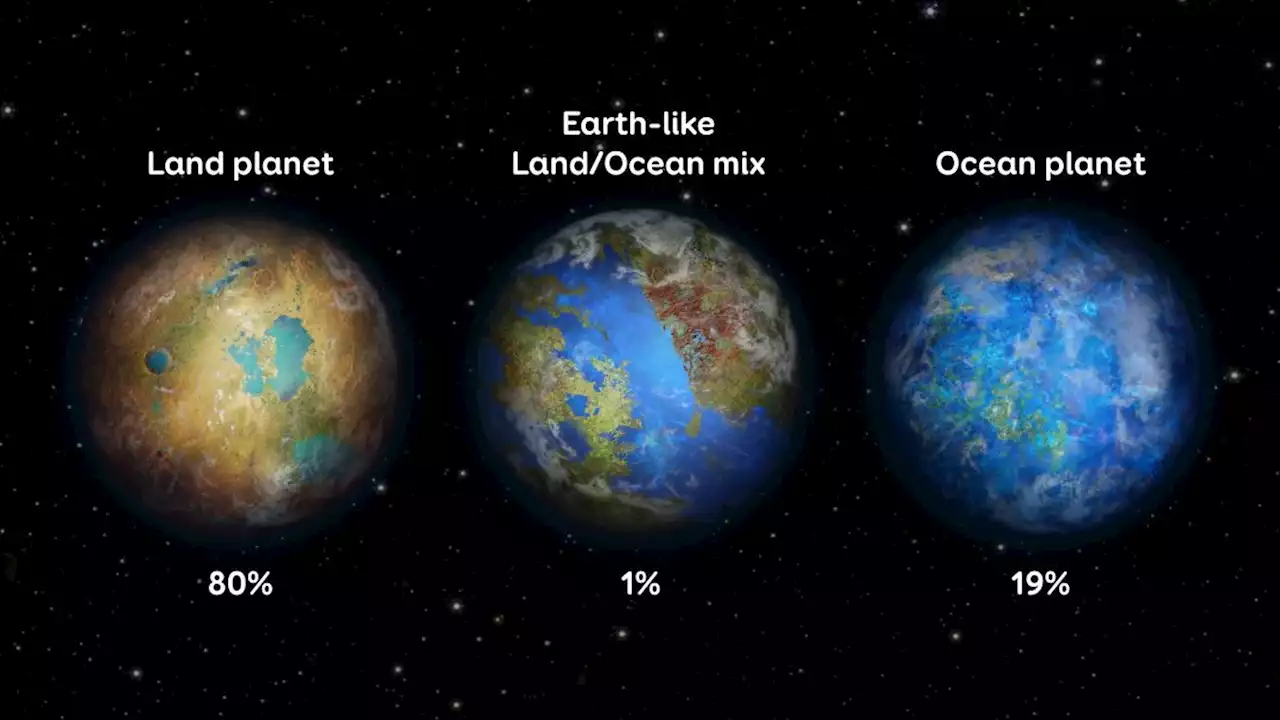 'Pale blue dot' planets like Earth may make up only 1% of potentially habitable worldsKeith Cooper is a freelance science journalist and editor in the United Kingdom, and has a degree in physics and astrophysics from the University of Manchester. He's the author of 'The Contact Paradox: Challenging Our Assumptions in the Search for Extraterrestrial Intelligence' (Bloomsbury Sigma, 2020) and has written articles on astronomy, space, physics and astrobiology for a multitude of magazines and websites.
'Pale blue dot' planets like Earth may make up only 1% of potentially habitable worldsKeith Cooper is a freelance science journalist and editor in the United Kingdom, and has a degree in physics and astrophysics from the University of Manchester. He's the author of 'The Contact Paradox: Challenging Our Assumptions in the Search for Extraterrestrial Intelligence' (Bloomsbury Sigma, 2020) and has written articles on astronomy, space, physics and astrobiology for a multitude of magazines and websites.
Read more »
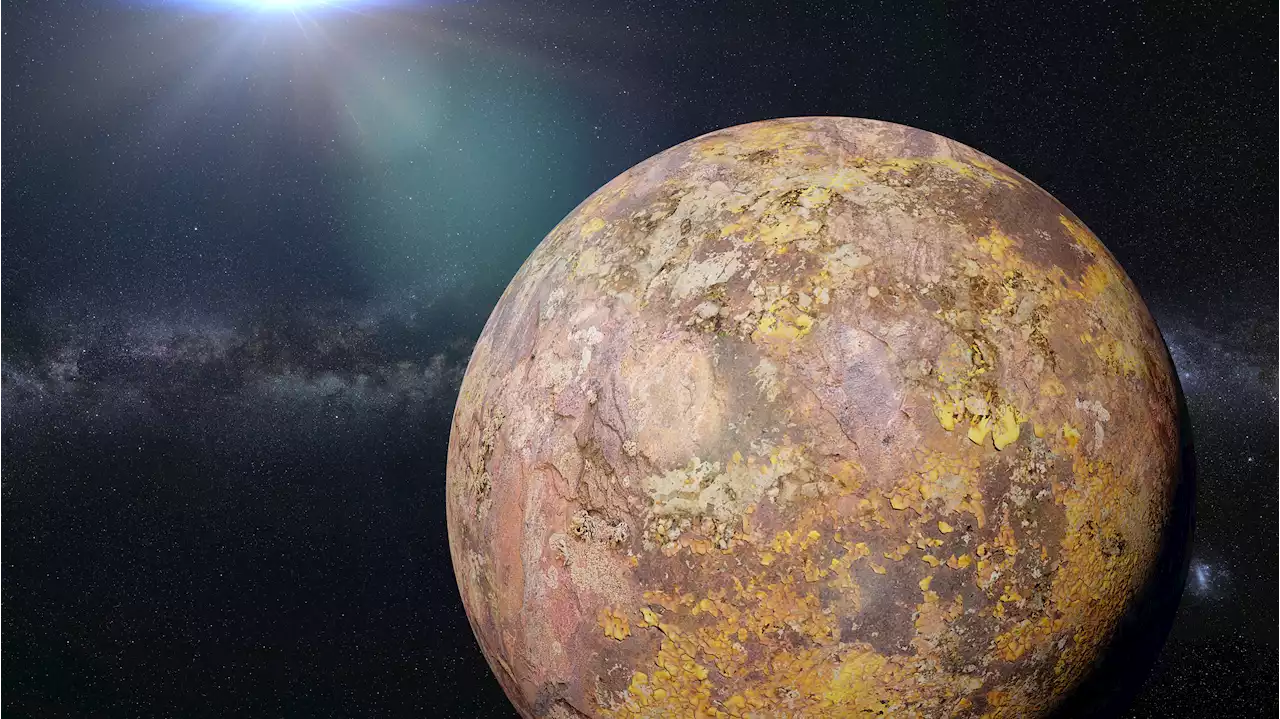 Astronomers may have found new planets that are more habitable than EarthAstronomers say they may have discovered habitable planets that are more friendly to life than even Earth is.
Astronomers may have found new planets that are more habitable than EarthAstronomers say they may have discovered habitable planets that are more friendly to life than even Earth is.
Read more »
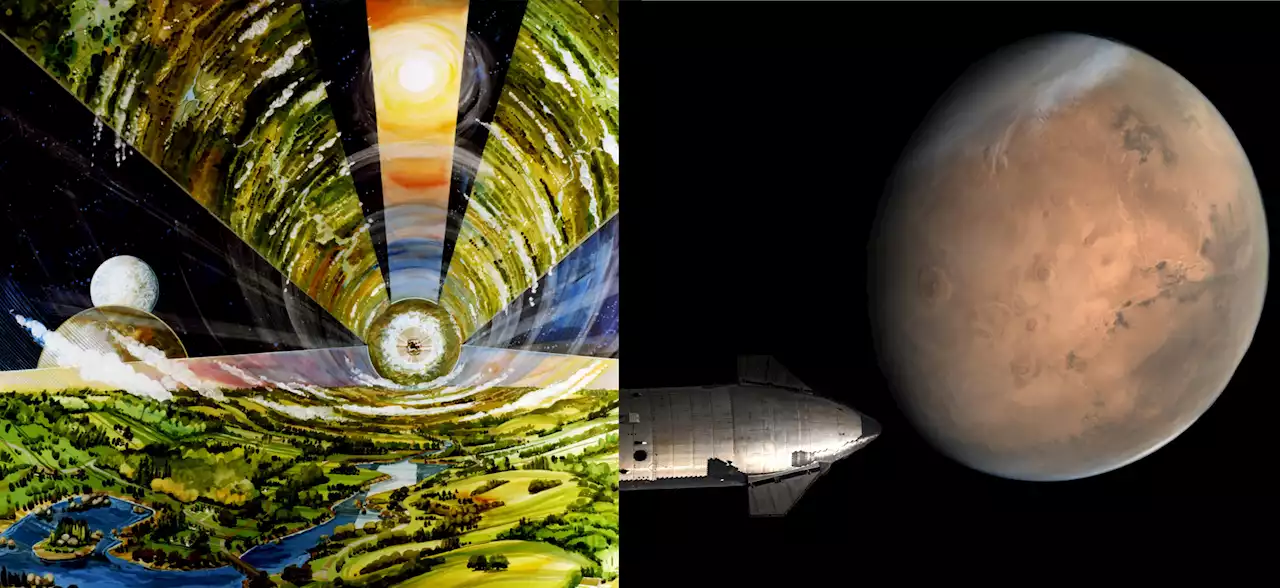 Humanity’s future beyond Earth: Multiplanetary or Islands in Space?Will the future of humanity in space involve rotating habitats or planetary settlements?
Humanity’s future beyond Earth: Multiplanetary or Islands in Space?Will the future of humanity in space involve rotating habitats or planetary settlements?
Read more »
 These Are the Most Delicious Sandwiches on EarthSatisfy those lunchtime cravings with our 21 favorite sandwich recipes including bánh mì, braaibroodjie, and gochujang sloppy Joes.
These Are the Most Delicious Sandwiches on EarthSatisfy those lunchtime cravings with our 21 favorite sandwich recipes including bánh mì, braaibroodjie, and gochujang sloppy Joes.
Read more »
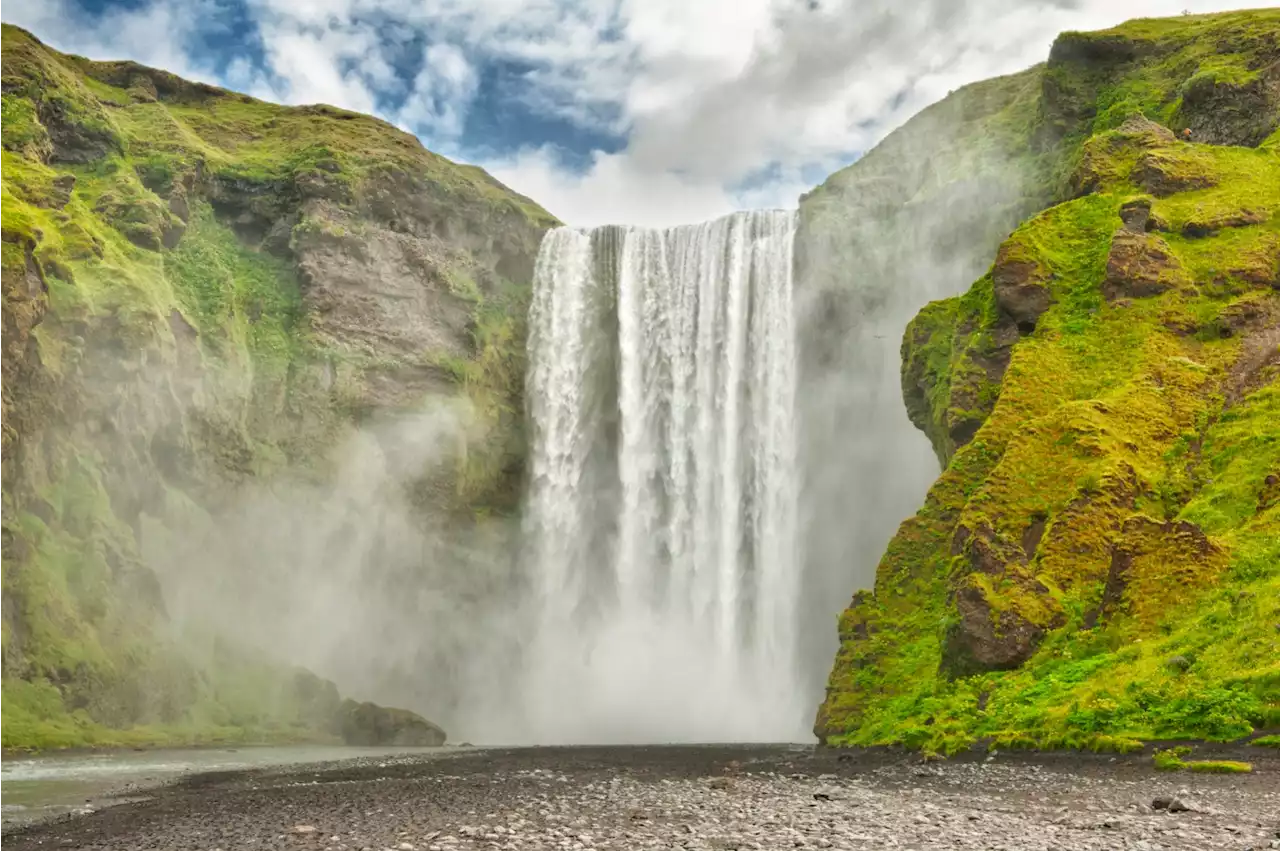 Here's how life on Earth might have formed out of thin air and water'This is the first demonstration that primordial molecules, simple amino acids, spontaneously form peptides, the building blocks of life, in droplets of pure water.'
Here's how life on Earth might have formed out of thin air and water'This is the first demonstration that primordial molecules, simple amino acids, spontaneously form peptides, the building blocks of life, in droplets of pure water.'
Read more »
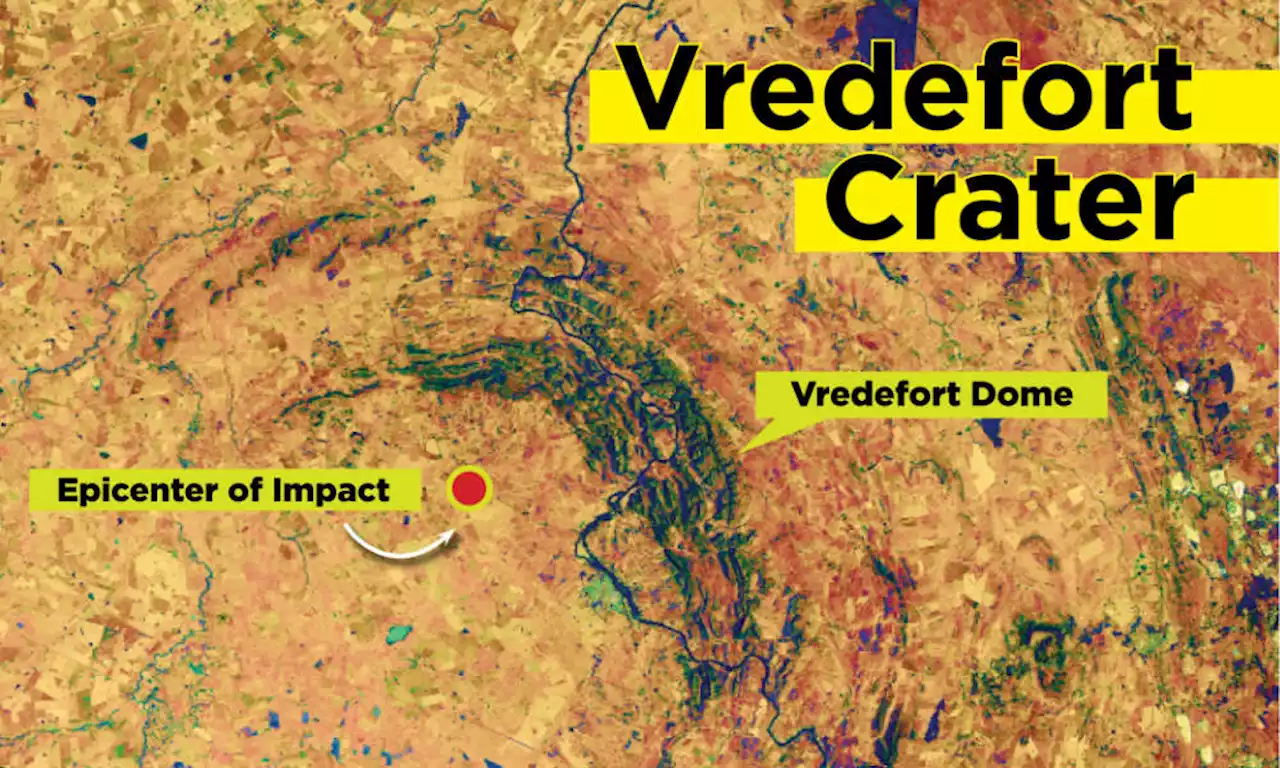 Scientists Have Been Underestimating the Asteroid That Created the Biggest Known Crater on EarthTwo billion years ago, the Vredefort impactor struck Earth, creating the planet's largest impact structure. Turns out we underestimated it.
Scientists Have Been Underestimating the Asteroid That Created the Biggest Known Crater on EarthTwo billion years ago, the Vredefort impactor struck Earth, creating the planet's largest impact structure. Turns out we underestimated it.
Read more »
